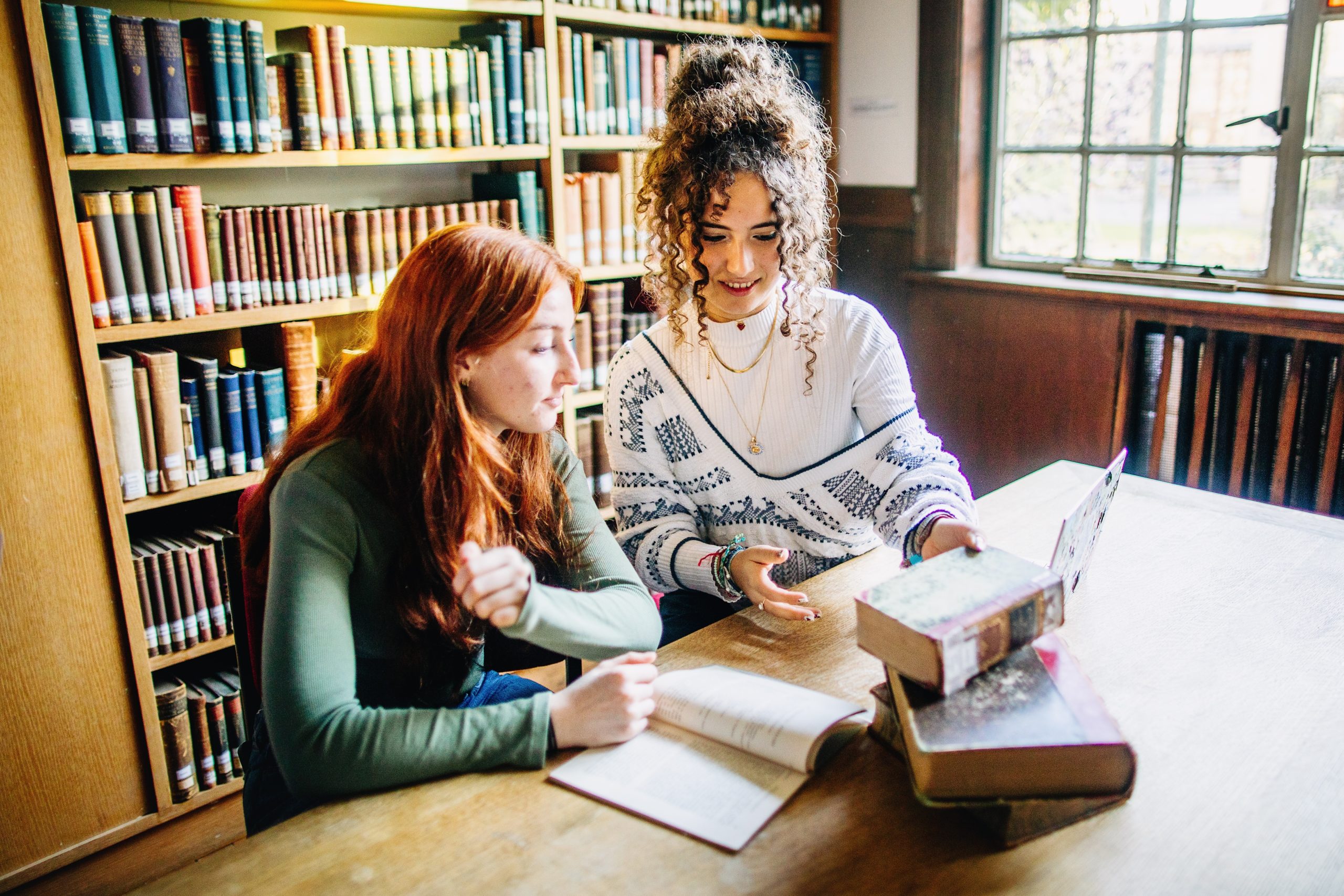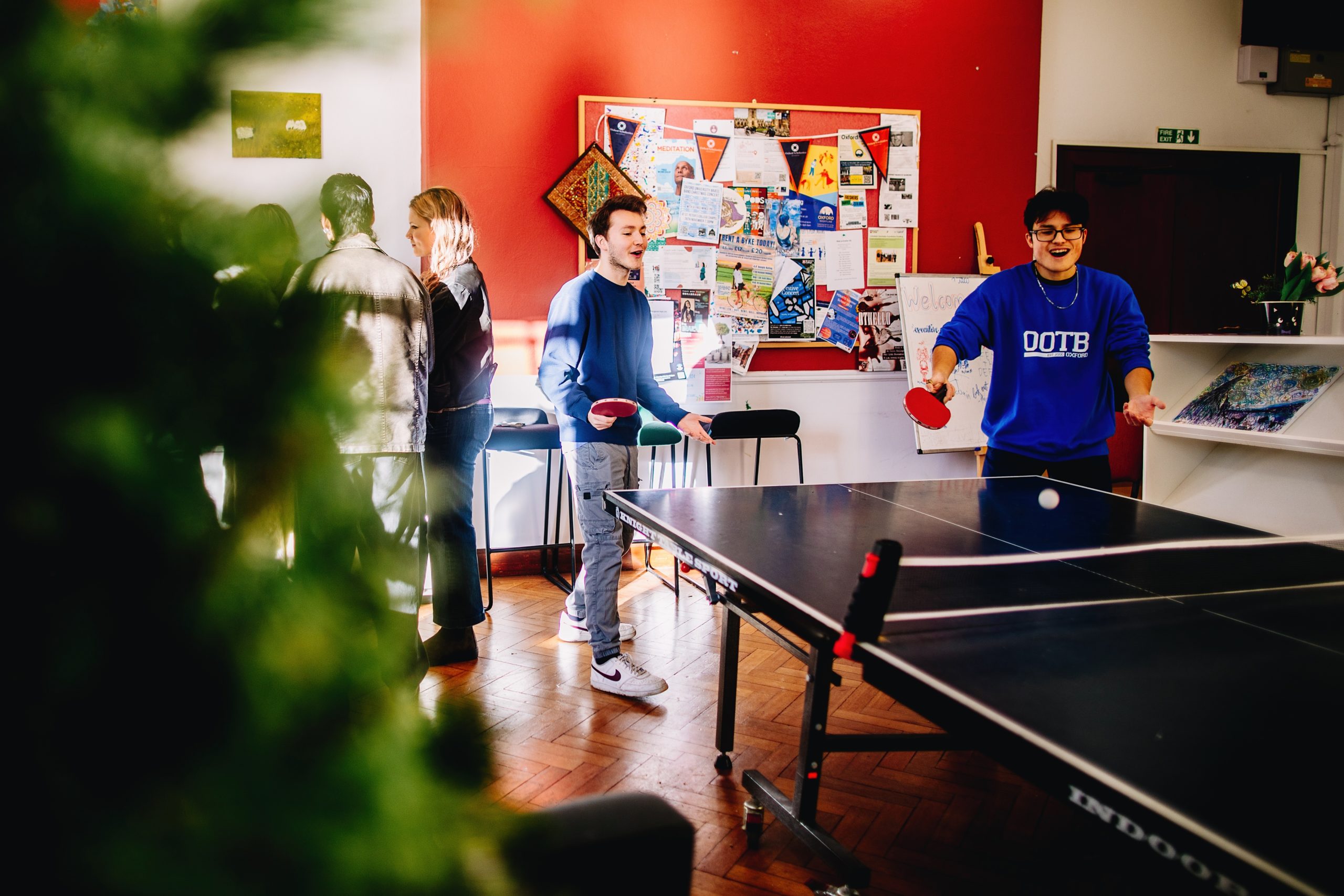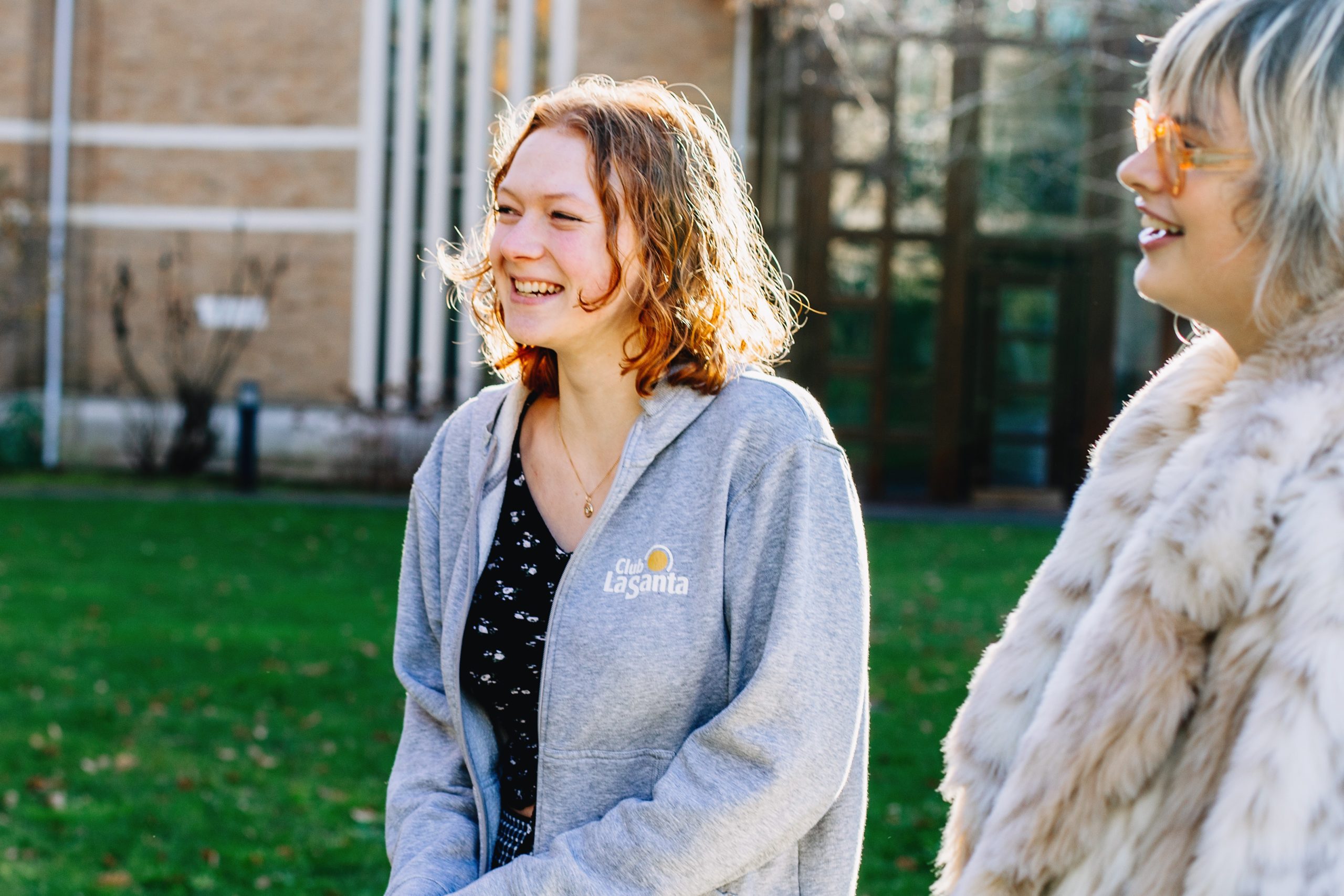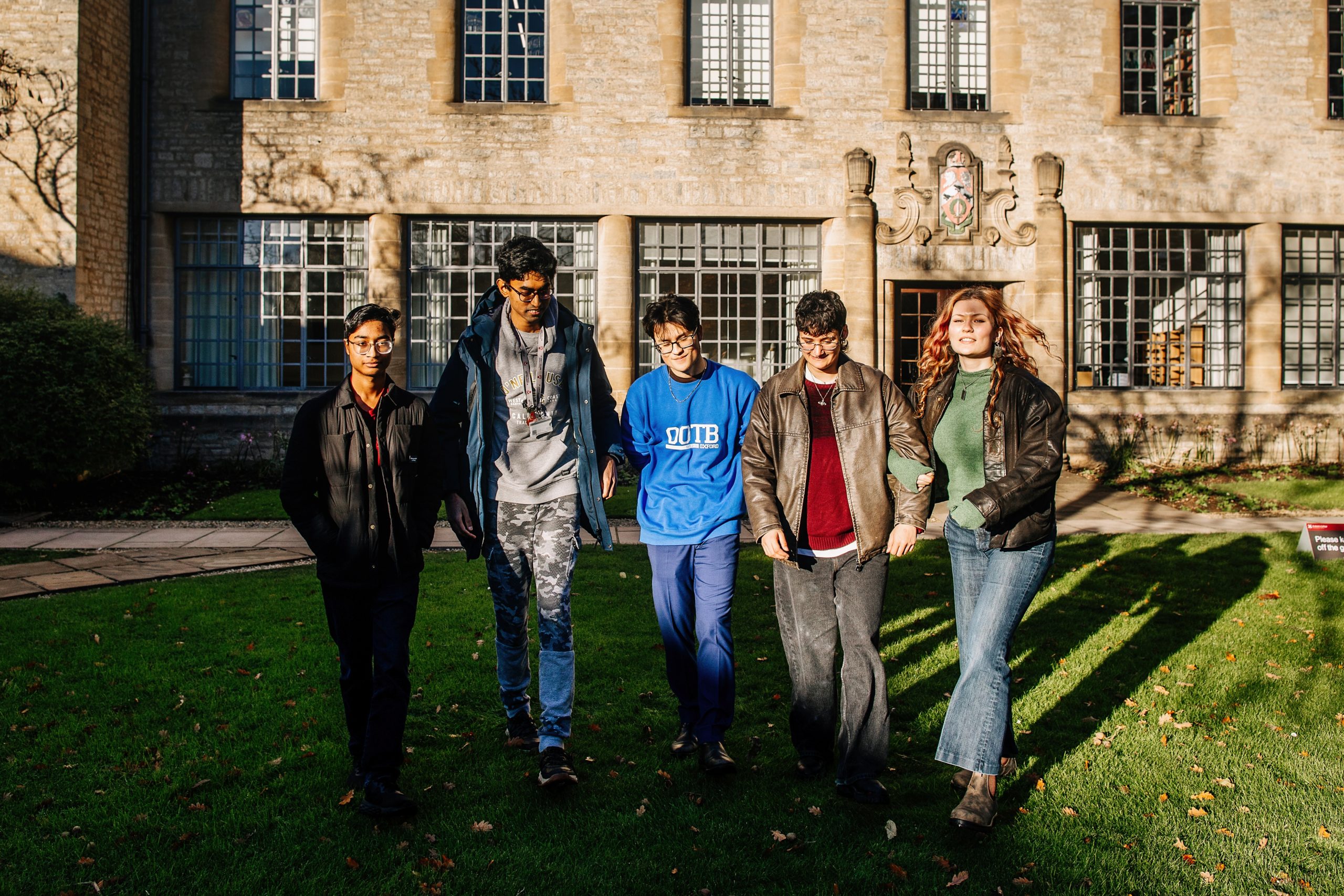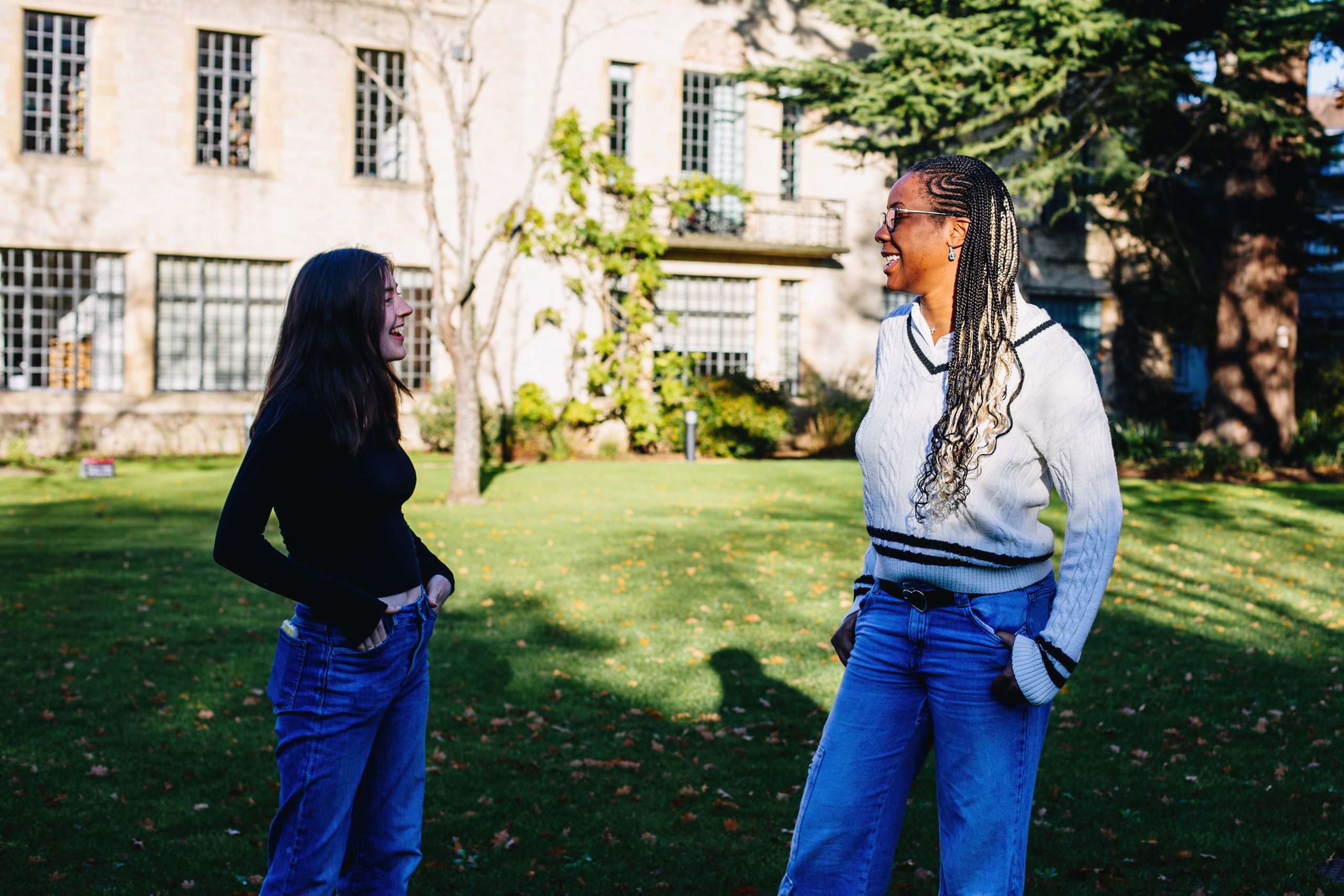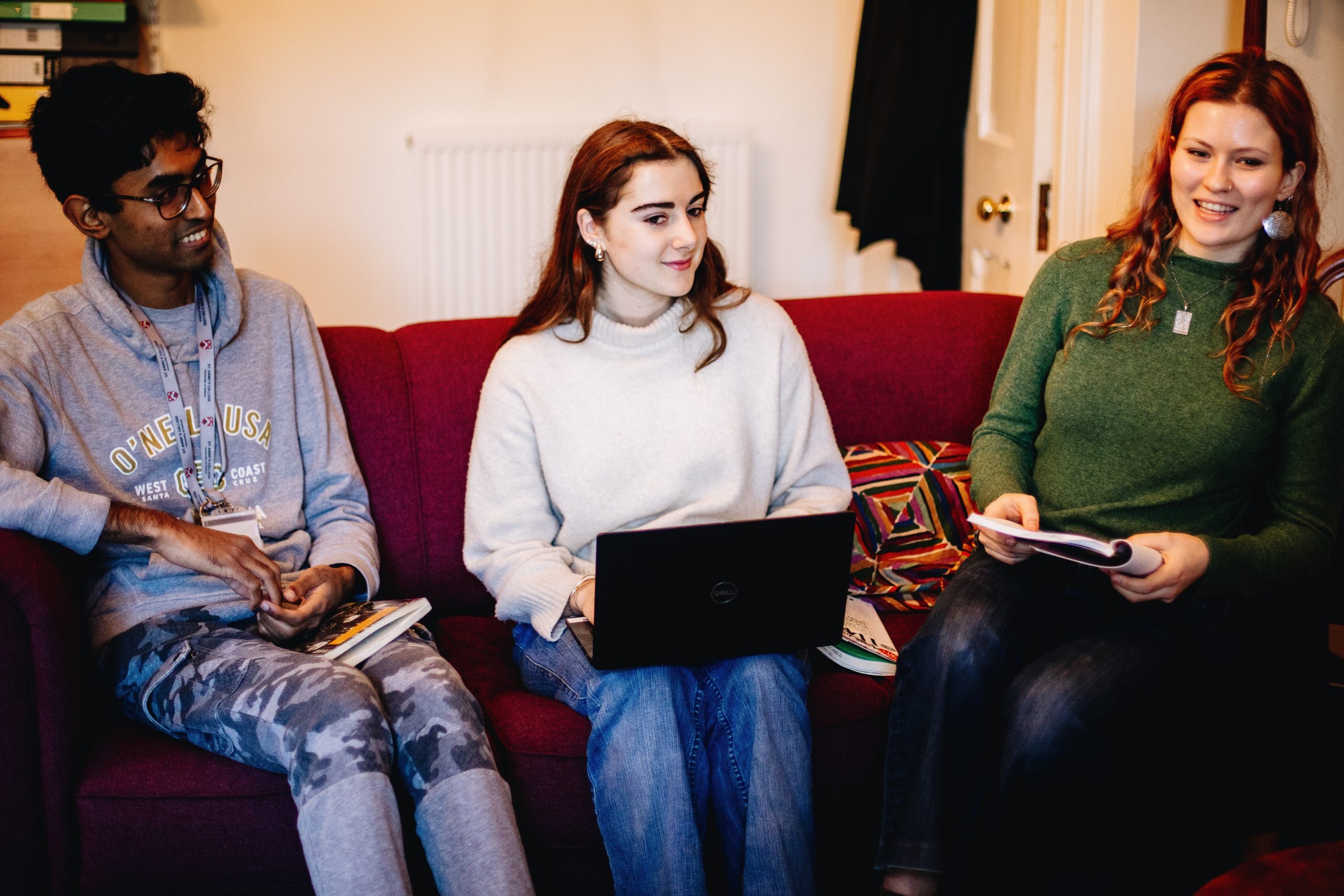Application Timeline
The University Application timeline follows the same structure each year. In Year 12 (or equivalent), you should be thinking about which universities and courses you would like to apply to.
Your school with an internal deadline for submission of your personal statement, and for putting together your wider UCAS application. In general, we advise students to start drafting their personal statement towards the end (May/June) of Year 12.
Once your application is complete, universities will let you know if you have been offered a place at their institution. The University of Oxford will get back to you in January of Year 13.
Once you have received the results of your applications, you can choose a firm university and an insurance university to ‘lock in’ your place at both.
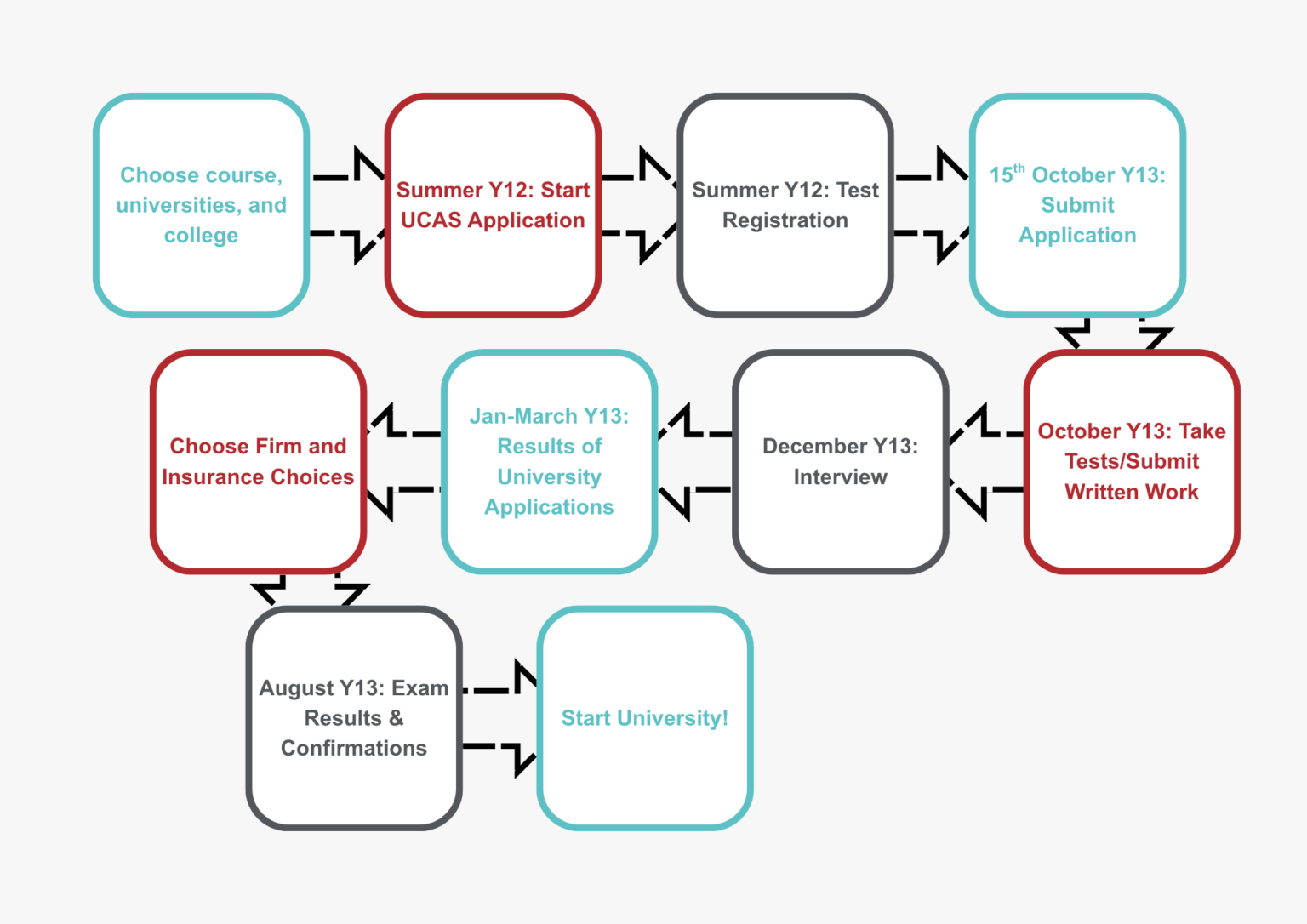
What do we look for in an applicant?




Year 10-13: Work Hard in Your Studies


Year 12: Build a Supercurricular Profile





Year 12: Know Your Dates and Deadlines
Make sure that your understand the any deadlines internal to your school, and those as part of the application process. You can find detail about the deadlines for registering for admissions tests here. The early application deadline (for Oxford, Cambridge, Medicine, Dentistry and Veterinary Science) is October 15th every year.
Year 12-13: Write Your Personal Statement
Writing a Personal Statement
Your personal statement is your opportunity to tell admissions officers and tutors about your academic motivation for your subject, your evidence for this, and why you would like to study your course at University. The personal statement is the document that forms the basis of our impression of your academic potential and passion for your subject. This is where your super-curricular profile comes in – if you’ve been pursuing your interests outside of school, then you will have plenty to write about (and may have to be selective about what you choose!)
A good personal statement combines clear analytical and critical engagement with evidence of your interests in your subject outside of the classroom.
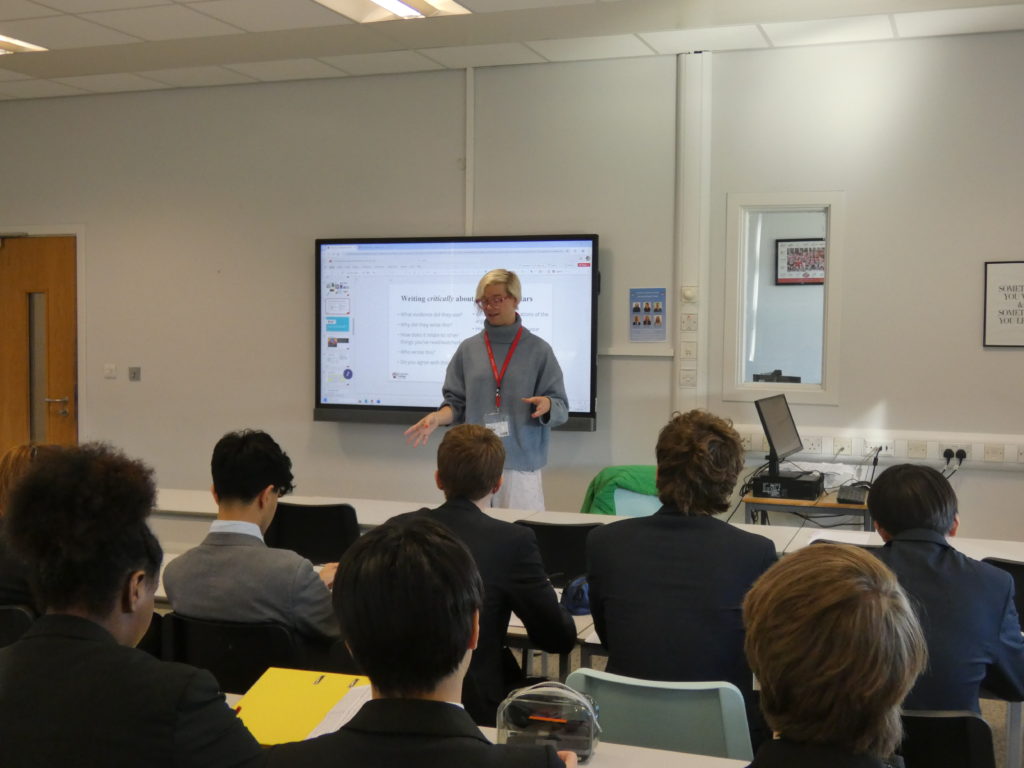
Our Top Tips
Be Specific: Whether you’re reflecting on a super-curricular activity, providing some detail about yourself, or discussing an argument you found unconvincing – be detailed and specific. An admissions tutor should be able to tell that this was your experience, and that you have the knowledge to match.
Keep it Personal, Avoid Cliches: In 2007 a study found that 5% of personal statements had borrowed or cliché content – including a famous anecdote about students becoming interested in Chemistry after burning a hole in their pyjamas at the age of eight. Tutors read hundreds of applications each year – if you are reaching for overused anecdotes and language admissions tutors are likely to notice!
Show, Don’t Tell; Discuss, Don’t List: Personal statements shouldn’t simply be a list of things you’ve read/done/engaged with. A list tells us what you’ve done, but not what you have taken away from anything you’ve engaged with. Similarly, telling us “I am a fantastic student with a flair for history” does not show us any evidence – we have to take your word for it. Thinking about showing, and discussing throughout your personal statement.
Get it Checked (and again): Everyone makes typos, or small mistakes. Ask someone to check over your personal statement, and then get it checked again. If you are checking your own personal statement – read it out loud so you force yourself to read what you have written, and not what you think you have written!
Use Reflective Language: Write reflectively about your interests. I.e. “I disagree with this argument because”; “I attended […] and I learnt”; “This project taught me that…”
Year 12-13: Prepare for and Take Your Admissions Test





Year 13: Prepare for Your Interview
Practice Speaking Out Loud
An Oxford or Cambridge interview is designed to access how you think – and whether you would benefit from our tutorial teaching format. This might be one of the first times you have had to vocalise your academic thought process out loud for a sustained period of time.
The best way to prepare for an Oxbridge interview is to practice. Spend time getting used to talking about your subject area at length and out loud. In an interview, we’re looking to hear how you think and talk through a problem.
With friends, family, teachers, practice talking through different problems and questions using language that signals what you’re thinking, i.e. ‘I might start here’ or ‘I would think about it this way…’
Utilise Online/In Person Resources
The University of Oxford offers a variety of resources for students who are preparing to take an interview.
Some resources will be online, and our university-wide resources can be found on our Outreach Calendar. Other resources might be in person, such as interview workshops taking place in your region or provided in your school.
If you are a student from one of our link regions, please do get in touch with us and we can let you know what support St Anne’s will be offering for students in your region.
Read All the Information You Are Sent
The Oxford or Cambridge College you have applied to will send you all the details about your interview, including the date and time.
Make sure that you read all the information that your college sends you carefully. This will include details of the technical set up required for your interview. If you are applying to the University of Cambridge, this will also include if your interview is taking place in person.
Your college might also offer you a free technical test (of, e.g., an online whiteboard) or other support during the interview period.
Test Your Tech
All of the interviews at the University of Oxford take place online. We use a three-tiered system for the type of technical set up we require in interviews: a simple Microsoft Teams Call; MS Teams and an online whiteboard; MS Teams, an online whiteboard, and handwriting capture. Make sure that you understand which set up you require and test your tech in advance.
If you do have a technical problem in the interview – don’t worry. We will make sure you have the opportunity to mitigate any interruption or technical disruption as part of the interview process.
